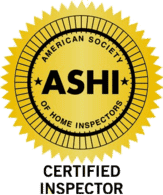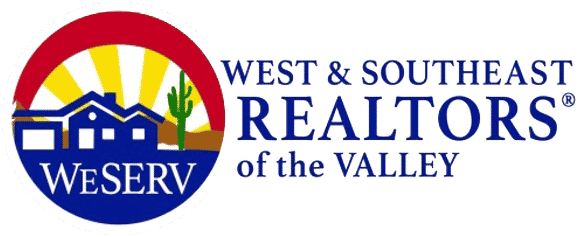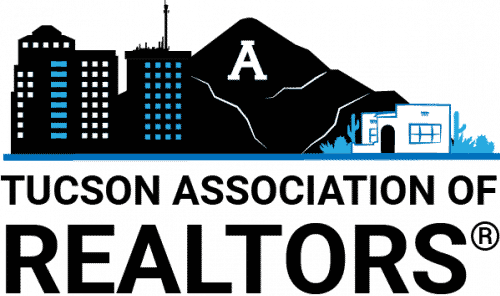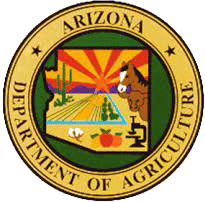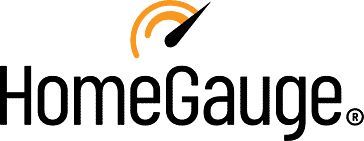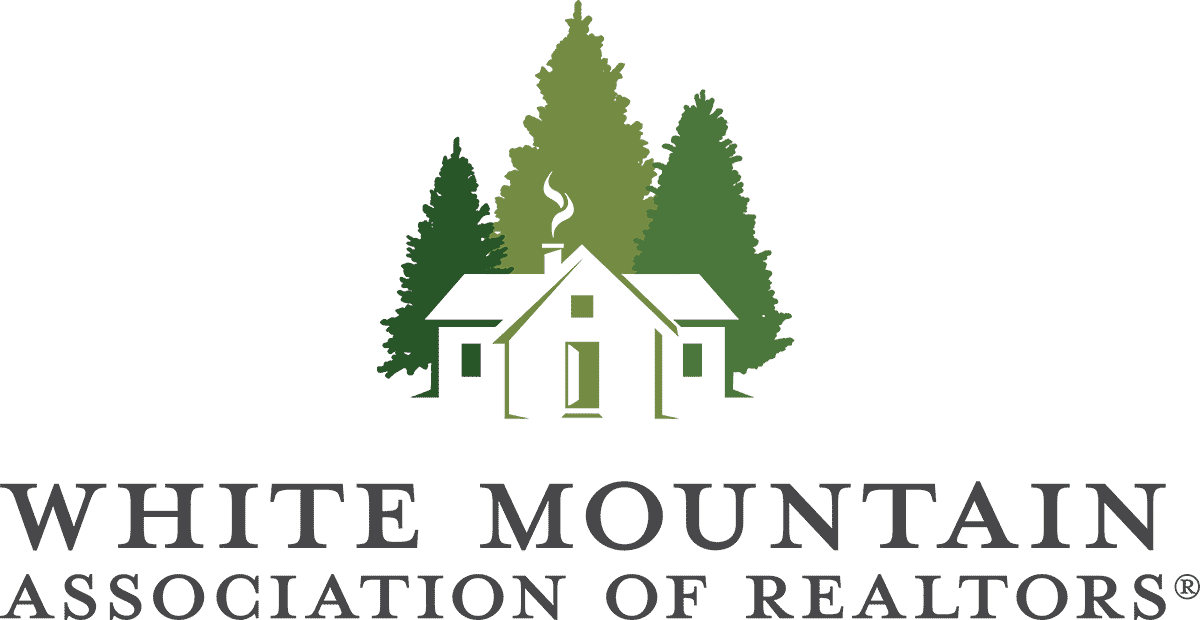Home Inspection Price | AZ Property Inspections provides a competitive quote prior to your home inspection with no hidden costs! Our pricing structure is based on square footage and age of the home.
A typical home inspection costs $395, but that could be lower or higher, depending on how big and how old the home is.
Call us at 480-283-5642 for a detailed price quote and our scheduling office will be happy to help you.
Additional Fees
*Termite Inspection – $70-$85
- Homes 25 to 50 years old – add $40 – $70
- Homes 50 plus years old – add $90 – $180
- Home Re-inspection – $165 and up
*Pool Inspections – $60-$80
*Pool and Spa Inspection – $90-$115
*Infrared Inspection – $120-$175
*Services not provided as a stand alone inspection
- Trip Charge – FREE
- Onsite Report Printing – FREE
- Onsite Summary Review – FREE
- Same Day Email of All Reports – FREE
About Home Inspection Price
Don’t be fooled by other home inspectors’ pricing! Many companies are conducting inspections at low rates and trust us…you get what you pay for! Purchasing a home is typically the largest investment that you will make. Do you want to trust your inspection to a bargain basement firm? With AZ Property Inspections, you get EXPERIENCE, EDUCATION and EXPERTISE along with detailed reporting and consultation.
Our inspection duration is typically 3 hours, twice as long as our leading competition.
We have thousands of satisfied home buyers and realtors!
We will be happy to provide references!
Proudly serving Tucson, Phoenix and Northern Arizona.
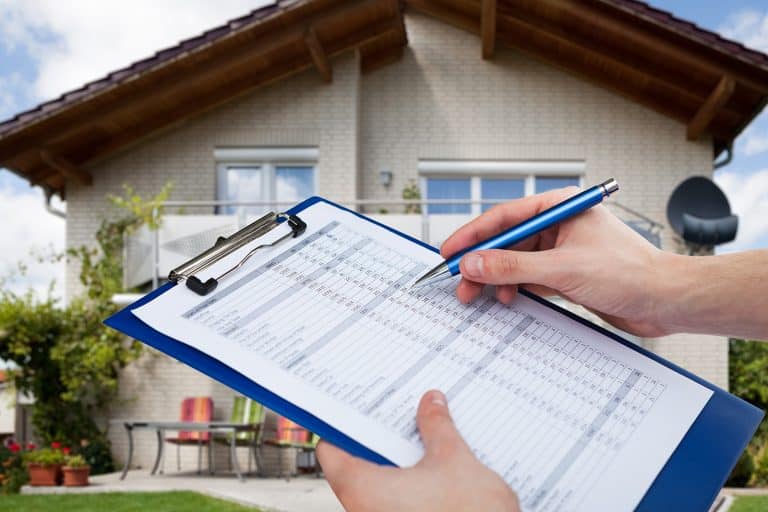
Understanding Home Inspection Price: What Factors Determine the Cost?
Are you contemplating a home inspection but are still determining the associated fees? Look No further!
Are you in the market to purchase or sell a home and curious about the costs associated with a home inspection report? Understanding the significance of a comprehensive home inspection is essential for making educated decisions and ensuring the safety and value of your property. It is essential to thoroughly understand the factors influencing home inspection costs as you navigate the process.
At AZ Property Inspections, we specialize in providing Arizona residents with high-quality home inspections. Our mission is to provide homeowners and purchasers peace of mind by providing thorough and trustworthy inspection services.
This article aims to shed light on the numerous factors that influence the cost of a home inspection, enabling you to make informed decisions and allocate your budget wisely.
By exploring the complexities of home inspection pricing, we hope to provide you with valuable insights and direction. Whether you are a first-time home buyer, an experienced homeowner, older homes, larger homes, or a real estate agent, you will find this helpful information.
Therefore, let’s examine the factors that influence the cost of a home inspection and equip you with the knowledge you need to make confident and well-informed decisions.
The Importance of a Home Inspection
Before delving into the factors that affect home inspection costs, it is essential to comprehend why a home inspection is an integral part of the purchase or sale process. Here is why a comprehensive home inspection is necessary:
Identifying Potential Issues
A home inspection thoroughly evaluates the property’s condition, identifying potential problems that may not be apparent to the unaided eye. It examines the home’s structural integrity, electrical systems, drainage, heating, ventilation, air conditioning (HVAC), and other aspects. By revealing concealed issues such as water leaks, faulty wiring, and structural flaws, a home inspection checklist enables you to make informed decisions and avoid future unexpected expenses.
Providing Peace of Mind
Buying or selling a property can be a stressful experience; a home inspection is a valuable instrument for reducing this stress. Both buyers and sellers can find comfort in knowing that a trained professional has inspected the property exhaustively and provided a detailed report on its condition. It provides reassurance that the property has been inspected and any potential problems have been uncovered, allowing for openness and transparency between the parties involved.
Bargaining Power
A home inspection report can give purchasers leverage in price negotiations. In fact, seventy-seven percent (77%) of recent homebuyers obtained a home inspection before closing on their properties. If the inspection reveals significant flaws or the need for repairs, the buyer can request that the seller fix them or modify the price accordingly.
In contrast, sellers can benefit from a pre-listing inspection by proactively addressing any issues and ensuring the property is in the best possible condition before listing it for sale. The inspection report is a valuable negotiating instrument that facilitates fair and open transactions.
Long-Term Investment Protection
A home is frequently one of the most significant investments a person makes in their lifespan. A comprehensive home inspection is a safeguard for this investment, allowing purchasers to make informed decisions and ensuring sellers know of any potential issues before listing their property. By addressing issues early on or modifying the purchase price accordingly, both parties can safeguard their long-term investment and avoid unforeseen expenses in the future.
A home inspection is a crucial stage in buying or selling a home. It thoroughly evaluates the property’s condition, identifies prospective problems, and gives buyers and sellers peace of mind. By comprehending the significance of a home inspection, you can confidently approach the process and make well-informed decisions to safeguard your investment.
Factors Influencing Home Inspection Prices
Property Size and Complexity
The size and complexity of a property significantly influence the overall inspection process and cost of a home inspection.
A property’s scale directly affects the time and effort required to conduct a comprehensive inspection. Generally, more significant properties require more time and resources to thoroughly inspect all areas and systems. Consequently, a larger home/property will incur a higher inspection fee than a smaller one.
Properties with complex features can also affect the cost of an inspection. For example, a property with multiple HVAC systems, extensive electrical systems, or unique architectural features may require additional expertise, specialized equipment, and additional time to inspect these components comprehensively.
The inspector may be required to evaluate each system individually, conduct exhaustive inspections, or consult with specialists in particular fields. These complexities contribute to a rise in the total cost of inspection.
Certain areas of some properties, such as crawl spaces, attics, and narrow corners, may be inaccessible. These difficult-to-access areas may necessitate additional time and effort for inspection, as well as the use of specialized apparatus or the hiring of additional personnel.
Consequently, properties with accessibility issues may incur more significant inspection fees.
It is important to note that while more significant or complex properties command higher inspection fees, they also offer a broader scope. With a more significant number of systems, components, and areas to evaluate, the inspection provides a more thorough evaluation of the property’s condition.
Home inspectors can allocate the necessary resources, time, and expertise to conduct a comprehensive inspection by considering a property’s size and complexity. This ensures that all areas and systems are thoroughly inspected, providing buyers or vendors with accurate and valuable information about the property’s condition.
Age and Condition of the Property
The age and condition of a property can substantially influence the cost of a home inspection.
Due to the accumulation of wear and tear over time, older properties typically require more comprehensive inspections. Age can increase the likelihood of structural deterioration, obsolete systems, and potential safety hazards.
Therefore, inspecting older homes frequently necessitates more time, skill, and specialized knowledge to identify and evaluate these age-related issues correctly. Consequently, the inspection fee for older properties is frequently higher than for newer properties.
A property’s overall condition can also impact the inspection fee. Possessing well-maintained systems and few visible flaws, properties in excellent condition may require less time and effort to inspect thoroughly. In contrast, properties in poor condition, neglected, or deferred maintenance may require more extensive evaluations to identify underlying issues.
Frequently, these inspections involve scrutinizing multiple systems and components, conducting additional tests, or consulting with experts. Consequently, properties in poor condition will likely incur a higher inspection fee.
Inspecting older homes presents unique difficulties that necessitate additional knowledge and expertise. Older properties’ building materials, electrical systems, drainage, and HVAC systems may differ from modern construction standards.
Identification of prospective problems and comprehension of the complexities of these obsolete components requires specialized training and experience. Inspectors may be required to conduct more in-depth evaluations, research historical building practices, or consult with heritage property specialists. These additional efforts contribute to the higher costs associated with inspecting older properties.
It is essential to realize that although the inspection cost for older or poorly-maintained properties may be higher, this reflects the rigor and expertise required to evaluate the property accurately. Identifying prospective problems beforehand can save you money on unanticipated repairs and assist you in making informed decisions about the property.
Geographic Location
The location of a property can significantly impact the cost of a home inspection. Here is how location affects price:
The demand for home inspections in a specific region can affect pricing. In areas of high demand, a more significant number of home inspectors may compete for business.
This competitive environment can result in reduced prices as businesses compete for customers. In regions with limited competition, prices may be higher due to increased demand and a shortage of qualified inspectors—the market dynamics of supply and demand influence inspection costs at a particular location.
The cost of living in a region affects the operating expenses of home inspection companies. Increasing labor, rent, utility, and other business expenses can increase inspection fees. Home inspection fees are typically higher in areas with higher living expenses for home inspectors to cover their expenses and remain profitable.
Regional differences in building codes, regulations, and standards affect the difficulty of property inspections. Inspectors must be familiar with local codes and regulations for a comprehensive evaluation. Inspectors may need to invest more time and energy in regions with stricter building codes to ensure compliance. These additional requirements can increase inspection costs.
Geographic location can also influence inspection costs based on the unique characteristics of the properties in a given region. For instance, coastal properties may require specialized inspections for potential water damage or structural issues resulting from environmental factors such as hurricanes or saline exposure. Similarly, residences in earthquake-prone areas may require seismic safety inspections. The need for location-specific specialized inspections can impact the total cost of the inspection.
It is essential to remember that several factors and considerations influence the variation in inspection prices based on location. The objective of home inspection companies is to offer competitive pricing that takes into consideration the particular conditions and requirements of each region.
Additional Services
In addition to the standard home inspection, several optional services can be added to resolve specific concerns or provide a more thorough property assessment. These additional services can increase or decrease the total cost of a home inspection. The following are frequent optional services:
Radon is a naturally occurring radioactive gas that can infiltrate homes and pose health hazards. Radon testing determines the radon concentration within a home.
Adding radon testing to a home inspection can increase the total cost because radon testing requires specialized apparatus and knowledge. However, it provides homeowners with vital information about potential radon exposure, allowing them to take the necessary precautions.
Mold growth can cause health problems and property damage. In a mold inspection, the property is inspected for mold, the type of mold present is identified, and the extent of the mold problem is evaluated.
Mold inspections may necessitate additional sampling, laboratory analysis, and mold inspector certification. Incorporating a mold inspection into a home inspection can increase the overall cost, but it provides peace of mind by identifying and resolving potential mold problems.
Termites can cause substantial structural damage to a property, making a termite inspection essential, particularly in regions prone to termite infestations. Termite inspections entail a comprehensive search for evidence of termite activity or damage.
Termite inspectors with specialized training may use moisture meters, infrared cameras, or even trained canines for detection. Due to the specialized nature of termite inspections, adding this service to a home inspection can increase the price. However, it helps preserve the property’s integrity and value.
It is essential to evaluate the condition of the property’s wastewater line to identify potential blockages, leaks, and other problems. A sewer scope inspection/ line evaluation may entail using video cameras to inspect the interior of the pipes and identify any obstructions or damage.
Given the specialized apparatus and knowledge required, incorporating a sewer line evaluation into a home inspection can affect the total cost. However, it provides valuable information about the condition of the sewer system, thereby enabling householders to avoid costly repairs in the future.
When evaluating the necessity of these additional services, it is essential to consider the property’s specific circumstances, location, and individual concerns. Adding these services to a home inspection may increase the total price. Still, they provide a more thorough assessment of potential risks and issues, giving homeowners a clearer image of the property’s condition.
When discussing a home inspection with the provider, inquire about the availability and cost of additional services. They can help you determine which additional services are most pertinent to your situation, allowing you to make a well-informed decision about whether or not to include them in your home inspection package.
Book Your Inspection Today!
Understanding the factors that affect home inspection costs is crucial for anyone contemplating purchasing or selling a home. The cost of a home inspection can be affected by several factors, including the size and complexity of the property, its age and condition, geographic location, and the incorporation of additional services. Individuals can make informed decisions and receive a comprehensive evaluation of the property’s condition by considering these factors.
Before entering into a real estate transaction, conducting a comprehensive property inspection is of the utmost importance. It provides a thorough evaluation beyond superficial appearances, enabling buyers and sellers to identify potential problems, negotiate reasonable prices, and safeguard their long-term investments. It is impossible to exaggerate the benefits of a home inspection, such as peace of mind and the ability to make informed decisions.
When selecting a home inspection service, it is essential to consider the factors discussed in this article. Look for a service provider that balances price and quality reasonably. Choose an inspector who understands the unique challenges posed by your property’s scale, complexity, age, and location. If necessary, ensure that they provide optional services, such as radon testing, mold inspection, termite inspection, and wastewater line evaluation.
Inspecting your property is an investment in your future. It provides valuable information that could save you money and difficulties in the future. Take the time to investigate and choose a reputable home inspection service that meets your specific needs and budget.
At AZ Property Inspections, we are committed to providing Arizona residents with quality home inspections. Our seasoned inspectors comprehend the variables that affect inspection costs and are committed to providing thorough assessments that empower our clients. Contact us immediately to schedule your home inspection and make a confident, well-informed real estate investment decision.

